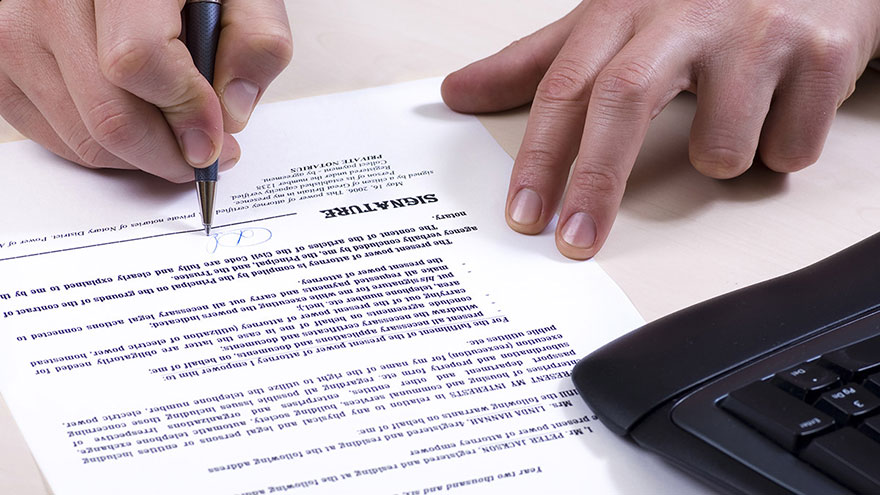How to Get Power of Attorney for Active Duty
Power of attorney (POA) is a legal arrangement used in situations where one person must legally or financially act on the behalf of another person. For active duty military personnel, this is necessary if you expect your spouse or other relatives to handle your legal and financial obligations while you are deployed or stationed overseas.
A POA holder can legally attend to your business with your bank, negotiate with your landlord on your behalf and even appear for you in legal procedures.
3 Steps to Get Power of Attorney for Active Duty

1. Choose a POA holder.
They can be a relative, a spouse, or even a close friend. The only requirement is that you trust them with your financial and legal future. Be sure to discuss the power of attorney with them and clearly explain your expectations and wishes.
2. Decide what type of POA agreement you will use.
Although most people use a general POA agreement that gives the other person access to nearly all aspects of legal and financial matters, you may want to make certain stipulations.
Perhaps you only want the POA agreement to run for certain amount of time or only to apply to legal matters. It all depends on what your needs are.
3. See a legal representative to draw up your POA agreement in a document.
You must sign, date and have it notarized for it to be legal. You can also use a POA form, fill in the blanks and have it notarized. However, this is not recommended for detailed power of attorneys.
They are best used for general power of attorney agreements. Provide your POA holder with an original and keep a copy for yourself.
Tips and Warnings
- Your POA holder will have to provide a copy of the POA agreement to every organization, company or institution that he uses it with. You can make this process smoother by notifying any specific third parties ahead of time.
- Many people mistakenly assume that their spouse can act on their behalf in all legal proceedings. Although there are some that will allow your spouse to speak for you if you are unavailable, there are many more instances where your spouse will need a POA agreement to do so.
You Might Also Like :: Medical Power of Attorney Definition

